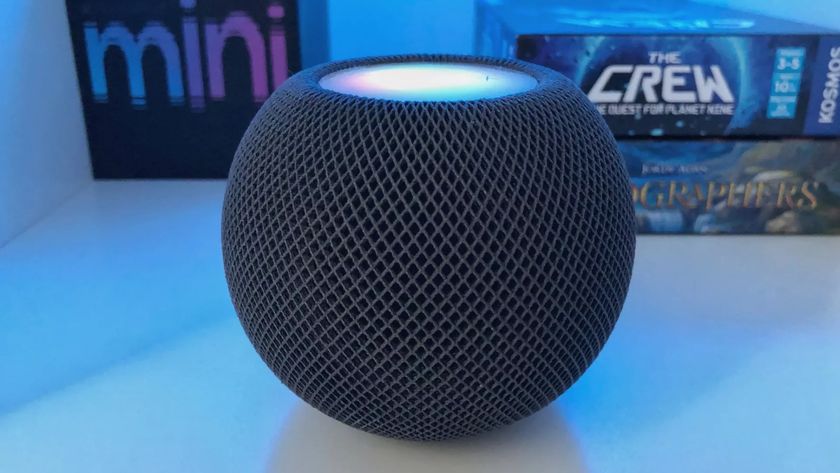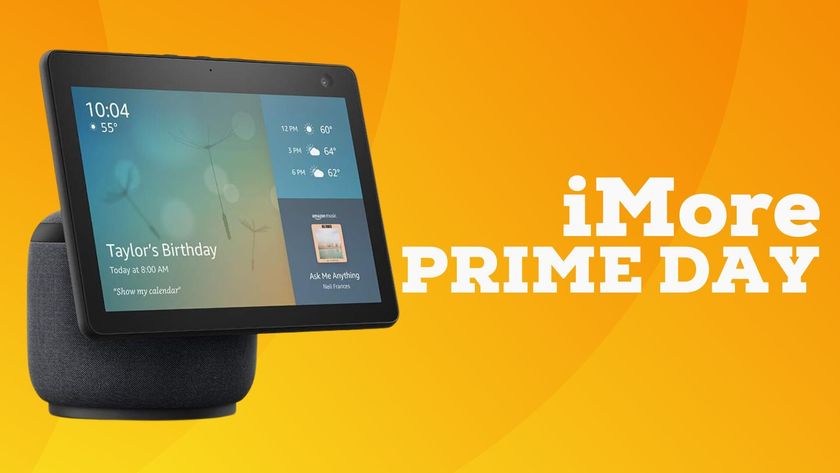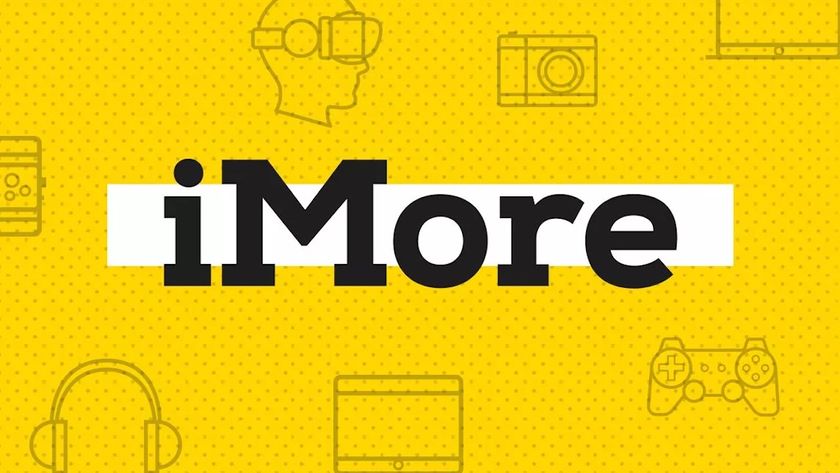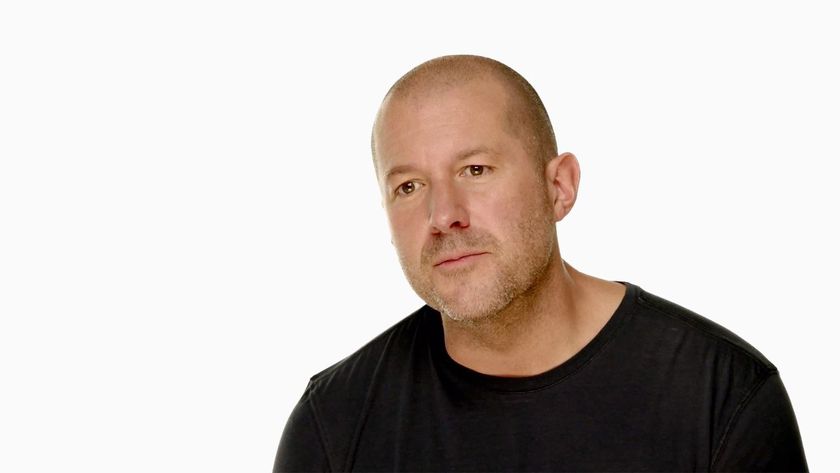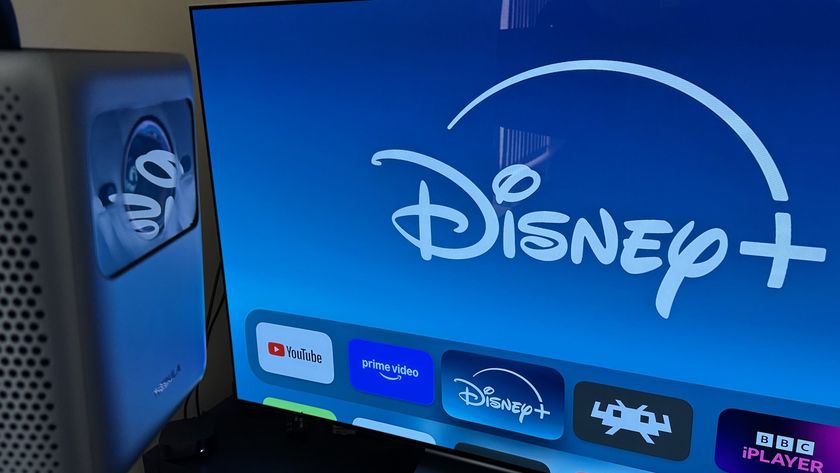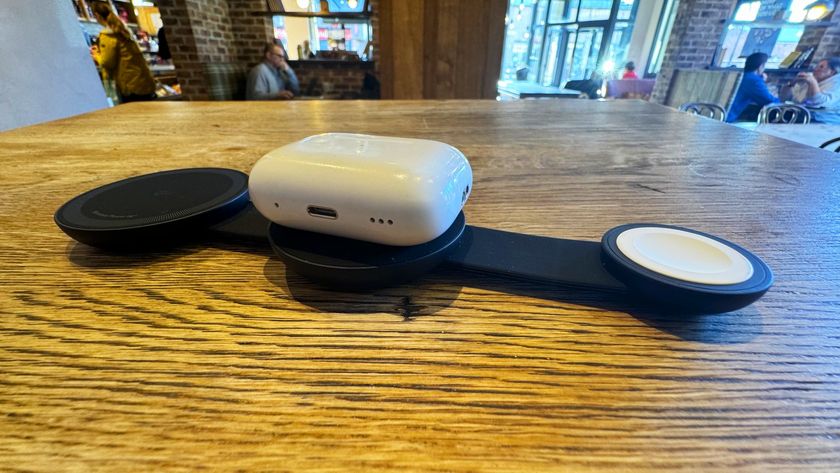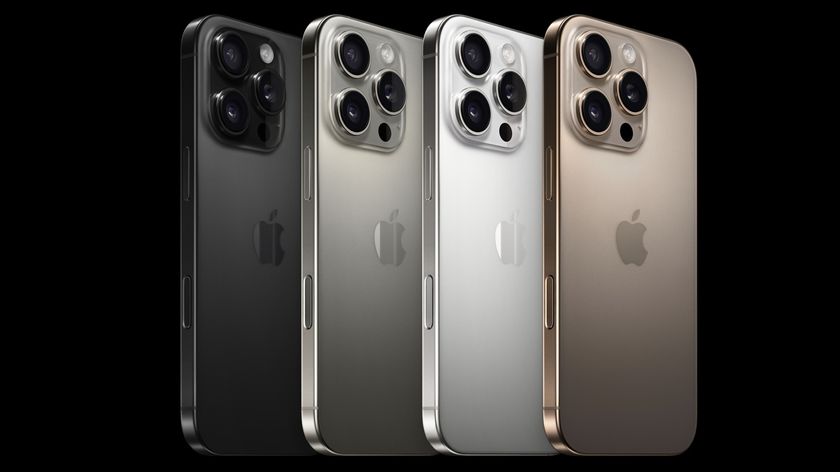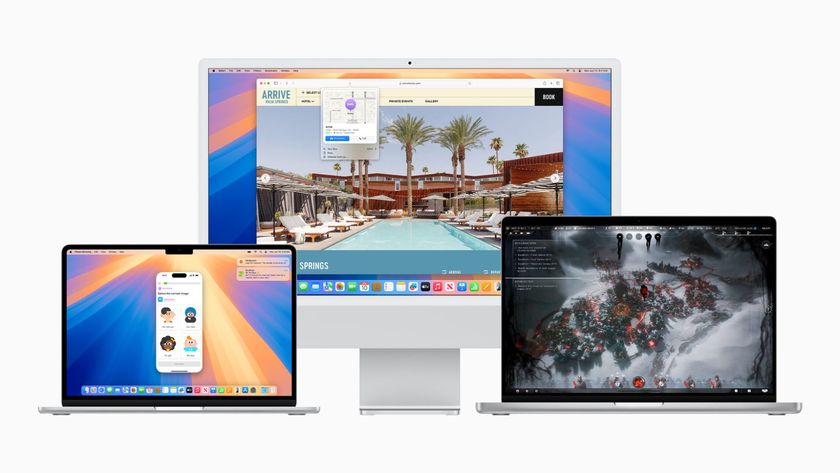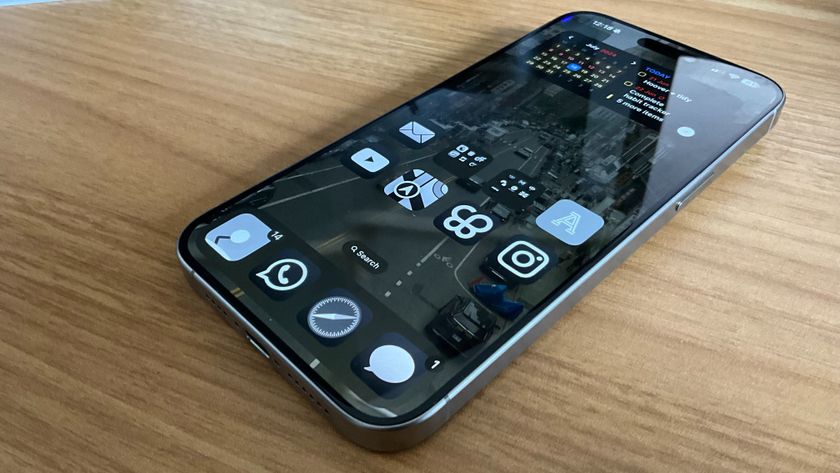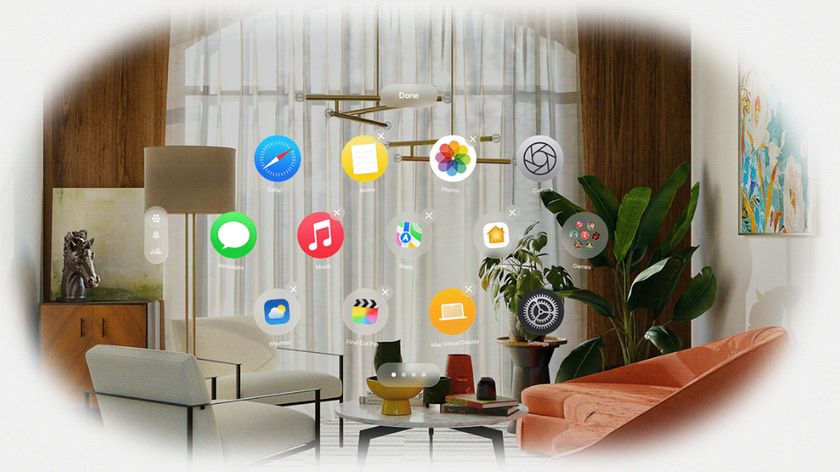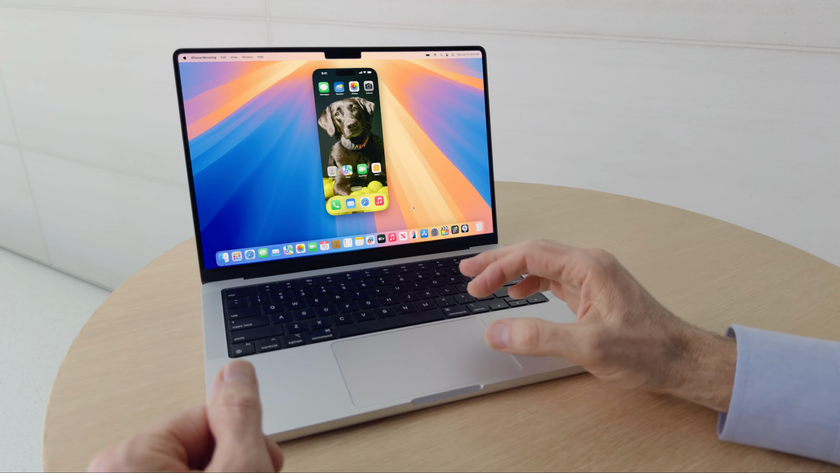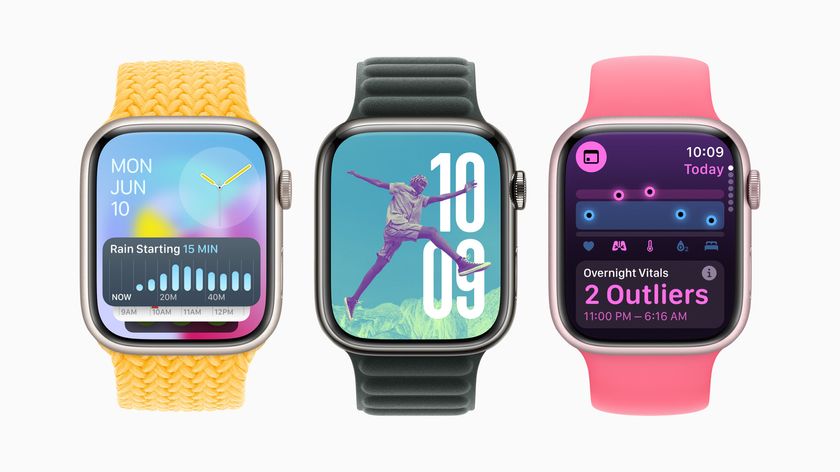Apple shipped a million more HomePods than last year, but its still far behind the competition
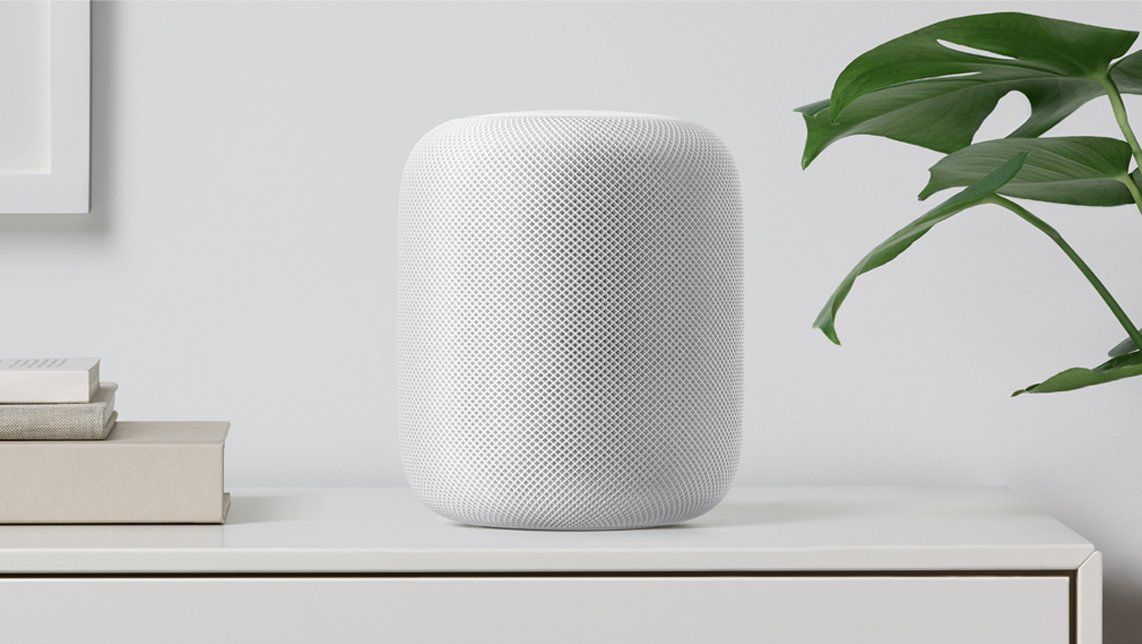
What you need to know
- HomePod grew 65% year over year from Q4 2018 to Q4 2019.
- Apple also grabbed a little more market share - from 4.1% to 4.7%.
- They still lag far behind Amazon and Google who continue to dominate the market.
Apple continues to grow its units shipped and its market share with the HomePod, but it still can't come close to the size and growth of the two biggest players in the smart home speaker game: Amazon and Google.
According to a new report by Strategy Analytics, Apple shipped about a million more HomePods in Q4 2019 than it did last year. Whereas the company shipped an estimated 1.6 million units in Q4 2018, that number grew to around 2.6 million in Q4 2019. This resulted in a year over year growth of about 65% which handily beat the industry growth rate of 44.7%. That has also resulted in Apple grabbing a little more market share - rising from 4.1% in Q4 2018 to 4.7% in Q4 2019.

This continued growth of the HomePod is a good sign that Apple's smart speaker business is gaining steam, but it still struggles to compete with Amazon and Google's current hold over the home smart speaker market.
While Amazon only grew its smart speaker shipments by 16% year over year, the company shipped 15.8 million units in Q4 of 2019. It also enjoys a 28.3% market share in Q4 2019, the highest of any company in this segment. That market share is, however, down from 35.5% in Q4 of 2018.
Google is in a similar situation. The company shipped 13.9 million units in Q4 2019, up from 11.5 million units in Q4 2018. That has resulted in year over year growth of 20%. While that puts them on a faster growth rate than Amazon, they too have seen their market share begin to lower from 30% in Q4 2018 down to 24.9% in Q4 2019.
The reason for Amazon and Google's decline in overall market share is due to new brands coming to or beginning to mature in markets around the world. Apple, Baidu, Alibaba, Xiaomi, and others are all taking market share away from the two juggernauts as customers are beginning to feel more comfortable trying out new brands, according to David Mercer, Vice President at Strategy Analytics.
"In 2019 Amazon and Google retained their strong leadership positions in North America and Europe, where they accounted for more than three-quarters of all smart speaker sales. However, their shares fell slightly in both regions, confirming our user research findings that buyers are prepared to invest in other brands. Competing vendors must focus resources on specific smart speaker customer segments and use cases in order to maximize revenues and profitability."
David Watkins, Director at Strategy Analytics, said that new technological advances, as well as strategic partnerships, have led the industry to grow 44.7% year over year, from 38.5 million units shipped in Q4 2018 to 55.7 million units in Q4 2019.
Master your iPhone in minutes
iMore offers spot-on advice and guidance from our team of experts, with decades of Apple device experience to lean on. Learn more with iMore!
"Consumer appetite for smart speakers remained undimmed during the all-important Q4 period as newly launched devices with improved feature sets and audio performance helped drive record quarterly shipments. Consumers across the world were once again enticed by scarcely believable deals from leading brands such as Google, Amazon, Baidu, and Alibaba, while Google, in particular, stepped up its giveaway promotional activity in partnership with brands such as YouTube and Spotify."

Joe Wituschek is a Contributor at iMore. With over ten years in the technology industry, one of them being at Apple, Joe now covers the company for the website. In addition to covering breaking news, Joe also writes editorials and reviews for a range of products. He fell in love with Apple products when he got an iPod nano for Christmas almost twenty years ago. Despite being considered a "heavy" user, he has always preferred the consumer-focused products like the MacBook Air, iPad mini, and iPhone 13 mini. He will fight to the death to keep a mini iPhone in the lineup. In his free time, Joe enjoys video games, movies, photography, running, and basically everything outdoors.
